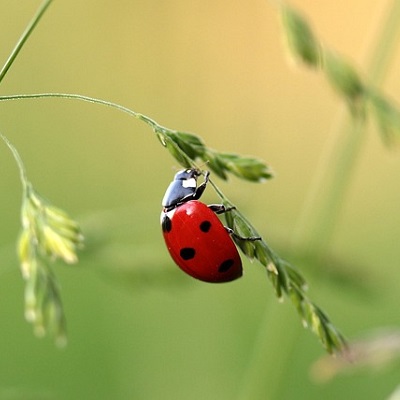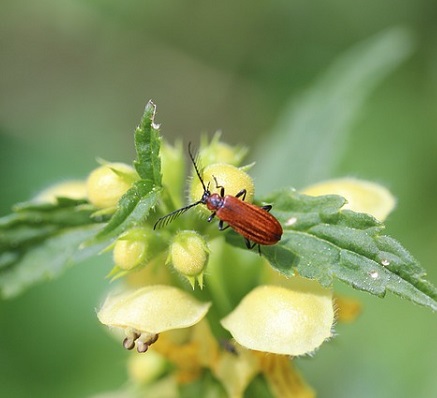Living Planet
Nature · Earth · ClimateNature Notes: June 2023
'THE SMALLEST INSECT IS AS IMPORTANT AS THE LARGEST BEAR' (Tom Brown, Jr)
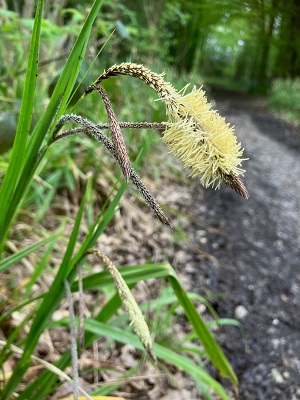
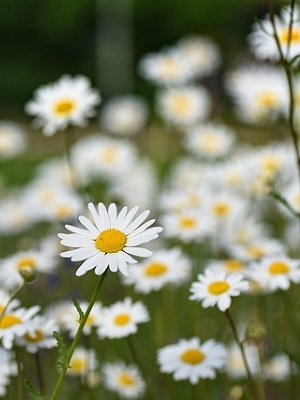
Verges and lawns throughout the village were resplendent on Coronation day (6th May), as tall stems waved wild flowers, that grew ever taller and more colourful during the rest of 'No Mow May'. Pendulum Sedges bursting with dusty yellow pollen, lined the route up to the bluebell woods, leaving walkers with tell-tale 'paintball marks' on their trousers whilst deeper in the shade, hope-filled swirls of pure white, wild flowers and hawthorn blossom dotted a foliage of now deep, lush tropical green.
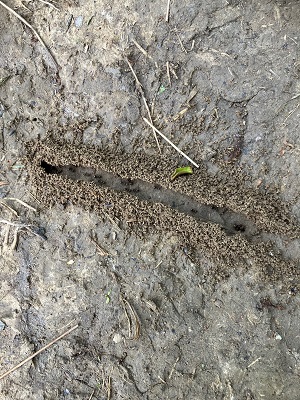
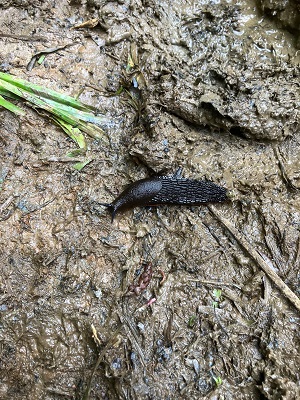
I noticed, what looked like masonry bees buzzing in and out of my bug box and it wasn't long before most of the holes were sealed with what looked like concrete. Inside my own cottage, I watched incredulously as a May Fly shed its skin on the blue sky of one of my watercolours - the only insects that moult after developing their wings! Black slugs and ants appeared during the continuing rains, but it was only after the sun burst forth, mid-month, that I came across my first caterpillars of the season who were finally parachuting down from tall oaks, or dangling silently, waiting for 'the drop'. The North-East winds may have loosened any stragglers, and instead picked up petals to twirl in the air, but my gaze was diverted by a couple of courting 'small copper' butterflies pirouetting upwards together after kissing buttercups. Later that evening, the gusts also brought loud snatches of bell ringing practice even in through the walls, but next morning all was still and peaceful save a nightingales' stunning aria whose calm purity and repertoire none could beat. Very depressingly, a week or so later, farmers in the fields behind, ploughed over skylarks nests, silencing more iconic sounds of summer with their own beautiful trills, whistles and warbles.
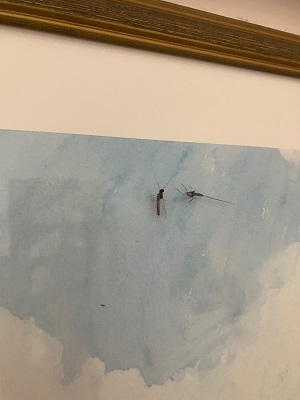
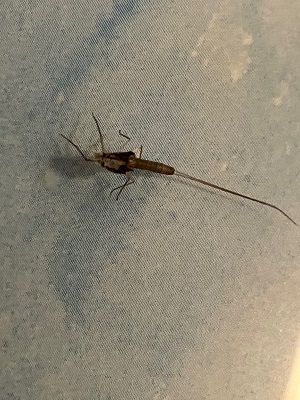
The wet and humid conditions prior to the sun and wind, seemed to breed larger hosts of annoying biting flies and ticks than normal, that not only smothered the sheep, but two legged creatures alike, despite various repellent concoctions smeared and sprayed over both. At least clouds of midges were good for feeding young birds. My robins have had their second brood in a new nest and may be laying again in June, alongside goldfinches, chaffinches and chiff-chaffs. This month watch out for more fledglings and you may even spot little owl chicks peering out of their nests or 'branching'.
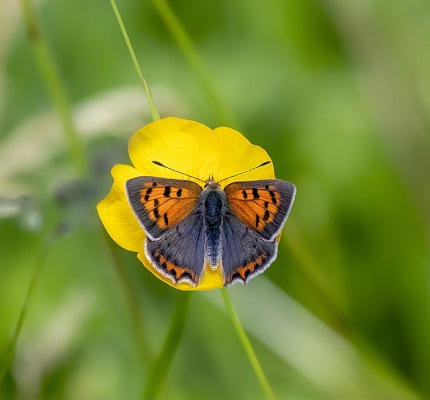
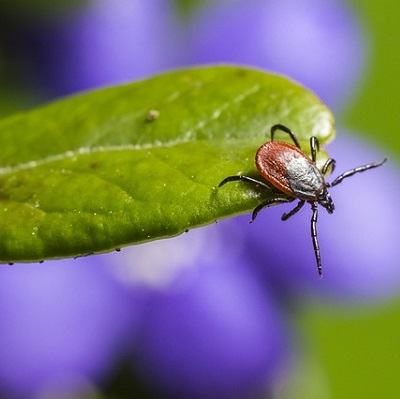
Hedgehog's may also be giving birth this month, whilst mother bats nurse 'bat pups' together in maternity roosts under tiles or in warm buildings. Ground, soldier and stag beetles should be making an appearance alongside glow-worms - if you're lucky to see them and some newts may still be laying eggs. Dog rose and elderflower are already appearing in the hedgerows and wild honeysuckle should be flowering soon. It seems to be a bumper year already for buttercups and daisies and soon poppies should join them. In our surrounding fields that haven't yet been cropped early for silage, listen and watch out for green and sometimes vivid pink Meadow Grasshoppers, rubbing their leg hairs together to 'buzz' for females and the scarlet flashes of red admirals and the six-spot burnet moth. In and around ponds you may witness the reverse migration of toadlets, whose parents reached their breeding ponds earlier this year.
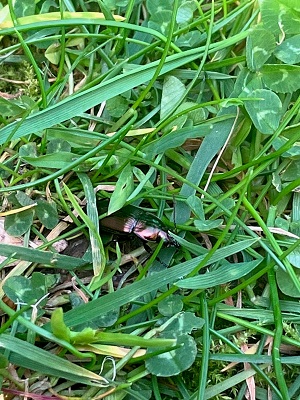
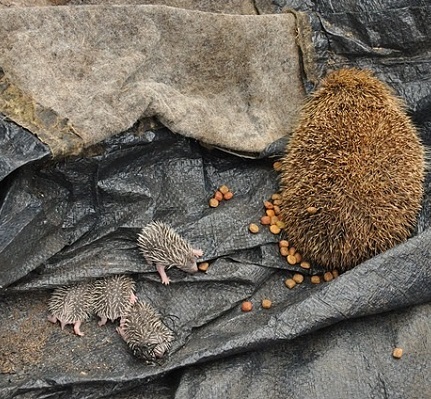
It's never too late to start attracting insects, and the mammals and birds that they feed upon, into your garden. So this month, with National Insect Week in mind (19th-25th June) why not create your own small-scale beetle bank? Mound soil so that's it's around 12-18 inches high and 24-48 inches wide and then plant with a few varieties of grass to provide shady and sunny habitat and add dried twigs for shelter. Don't be surprised if ladybirds (who will eat your garden pests) and bees (who'll pollinate your plants), make their homes here as well as the threatened beetles who do so much for us, not just as pollinators and pest controllers but also recyclers.
Let's count our blessings, and all our species, no matter how small - wishing you all a wonderful summer!
